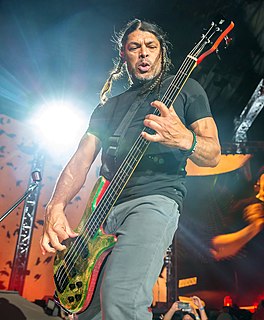A Quote by Anoushka Shankar
There's a very primal, emotional response I feel when I hear flamenco.
Related Quotes
Our lives are pretty calm. Merging on the freeway in the closest you get to risking your life. So what’s missing now is that primal emotion of being scared to death, and I think that’s why people crave thrills like roller coasters or scary movies. They give you the chance to feel this very primal emotion in a very controlled environment.
Our lives are pretty calm. Merging on the freeway in the closest you get to risking your life. So what's missing now is that primal emotion of being scared to death, and I think that's why people crave thrills like roller coasters or scary movies. They give you the chance to feel this very primal emotion in a very controlled environment.
The very same brain centers that interpret and feel physical pain also become activated during experiences of emotional rejection. In brain scans, they light up in response to social ostracism, just as they would when triggered by physically harmful stimuli. When people speak of feeling hurt or of having emotional pain, they are not being abstract or poetic, but scientifically quite precise.
I have received emails from readers who have said that they were emotionally impacted by the books, and they feel they are more environmentally aware and energized to do more. So that's hopeful to me. It is at least evidence of what I'm trying to do - trying to convey very intense emotional experiences by being very close in on character points of view to make you feel it in your body. That's one way to get the point across, by evoking a visceral response.


































